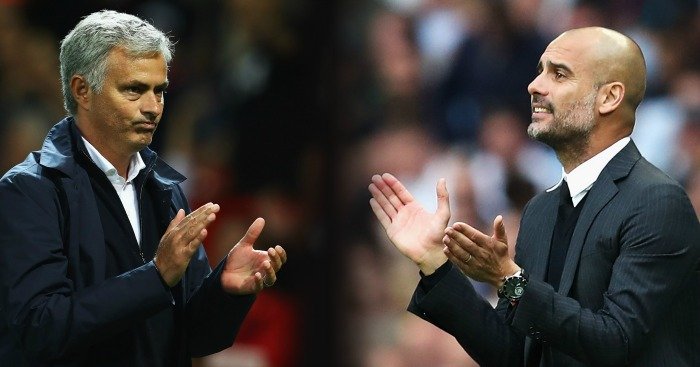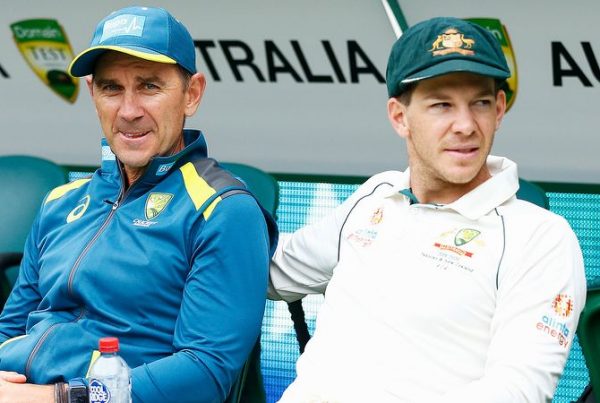Three lessons that HR can learn from the Manchester Derby
Introduction
Well well well… it hurts me to have to create this blog, it would’ve been much easier to talk about how City achieved excellence and why we’ve had such a successful season. Although, after having some time to reflect, I took a number of things away from both team’s performances that could be applied into our organisations.
Ultimately, it was a game of two halves, where we saw 22+ engaged employees go through varied levels of performance – if you think engaging your team is hard, try gaining buy in from a player earning £200k+ per week?
The purpose of this blog is to talk about three things I observed on Saturday which lead to United winning and us losing… but more importantly what lessons can HR learn?
Three things to learn:
1. Always maintain competitive advantage
We’ve seen on plenty of occasions organisations who are in a strong market/financial position decline rapidly. Some recent examples of this would be Blackberry and Vine. Saturday’s game was no different – City were immense in the first half however, in the second they were almost unrecognisable.
During the first half City pressed United and chased down every pass. However, in the second United were allowed time on the ball and this is what I felt led to City’s defeat.
How does this apply to HR?
First of all, there’s a number of HR leaders still fighting to get HR recognised as a commercial asset within organisations. They understand that there is a huge opportunity for businesses to gain a competitive advantage through its people – we just need to make leadership teams realise that!
Secondly, Employee/Employer Value positions are key for organisations who are looking to gain a competitive advantage. This mainly covers 1) how do we attract talent into our organisations? 2) how do we retain the talent that already exists? Just because an organisation is in a strong position does not mean that it can let its guard down – it is key to constantly come up with new innovative ideas around attracting and retaining talent.
Just like how City pressed, it is important that organisations create a plan to put pressure on competitors and attract candidates/retain employees within the market.
Should you not have a strong EVP then you will fall into the same trap as what city did… just like football, business is a game, how are you going to beat the competition? (this doesn’t mean two footing a competitor on the way to work!!)…
2. Employee engagement is key?
Employee Engagement is a real priority for many organisations at the moment. During the game between City and United we saw both sides of the coin. During the first half City were very engaged and as a result performed highly. However, in the second half United were more engaged and therefore went on to win the game. In my opinion this all comes down to purpose… what is our goal? why are we here?
How does this apply to HR?
It is quite obvious that engagement is interlinked with performance. Just like we saw on Saturday during that first half city were highly engaged as they felt challenged and were engaged with the purpose. During the second half it was half hearted as they thought it was already won.
In my opinion engagement should be a collective initiative that is agreed by all employees and leaders. After that first half performance do you think that the employees (players) agreed with the manager (Pep) to stop pressing? Do you think that Pep will have asked for feedback on this? Do you think that the players will have agreed with the substitution of David Silva?
The key lesson that we can take from this is that employee engagement links strongly to performance. We must always have a purpose that our teams buy into, as well as having ongoing and collective feedback that will enable managers to make informed decisions.
3. How to manage performance?
Again, we saw two examples of how to (not) mange performance
High performers:
Unfortunately, having to pick on Pep again however, after half time the high performers from the first half were now operating in a different strategy. This strategy stopped them from doing what worked well previously. We see this in business all the time, managers often make decisions that don’t quite work out however, many are too stubborn to admit they were wrong and change back to the old strategy. This leads to employees unable to perform to their full capacity.
Low performers:
Like him or hate him we can all agree that Mourinho is a great tactician and fantastic manager. He observed his employees (players) during the first half struggle against a strong city side. Whatever, was said within the changing room engaged his employees with a purpose (mentioned above) that enabled them to go on and win the game. Again, we can often see this in business, how many times do challenges/problems happen during the day? In the business world taking a 15-minute break (half time) may enable us to regroup and come back stronger.
Conclusion
On Saturday we saw two different management styles, both which worked for a specific element of the game. However, neither worked for the full 90… but what was the difference between the two sides?
· City unable to maintain their competitive advantage
· United creating an engaged purpose that the players believed in
· Mourinho managing the lower performers better than Pep did with the higher performing players
I’d like everyone to consider from this blog…
· What is my organisations competitive advantage when it comes to attracting and retaining employees? (purpose, visions, values, brand, culture)
· What are we doing to engage our employees? (feedback and actions)
· Performance management (do you measure this? how do you measure this? what happens if someone is performing highly/low?)
As always open to people’s feedback. Please comment/DM me. Alternatively, should you wish to be introduced then please find my contact details below…
Harry Wright
Rencai Group
Client Relationship and Delivery Consultant






